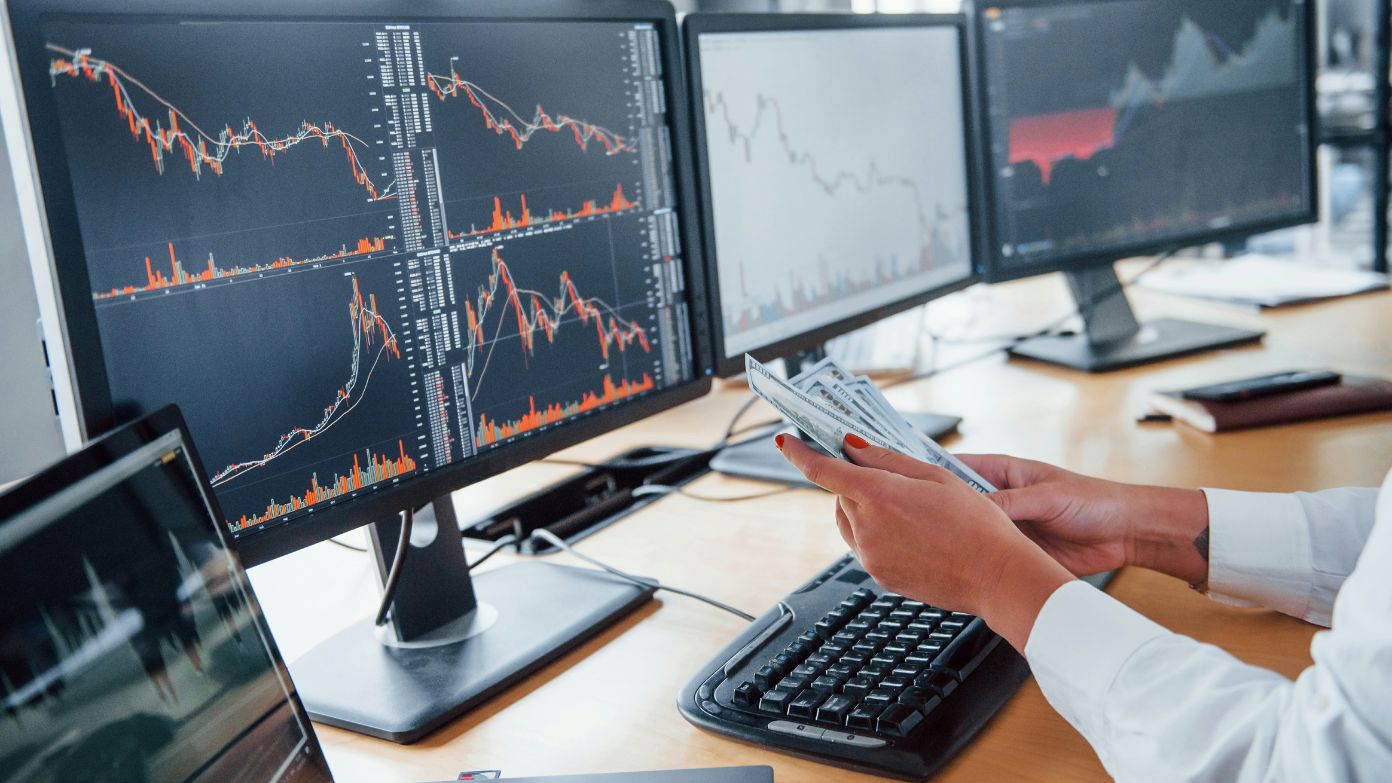When AbbVie split from Abbott Laboratories back in 2013, many investors were unsure what to expect. The company was stepping out on its own with a heavy reliance on one drug, Humira. Fast forward 10 years, and AbbVie has turned out to be one of the most rewarding pharmaceutical stocks you could have owned. If you had put $1,000 into AbbVie when it became independent, you might be surprised at how much that investment would be worth today.
How much would $1,000 in AbbVie be worth today?
Over the past decade, AbbVie stock has returned 353.3% with dividends reinvested. That equals an average annual return of about 16.3%.
- A $1,000 investment in 2013 would now be worth $4,530.75.
- By comparison, the same $1,000 in the S&P 500 would have grown to $3,690.99.
This means AbbVie has beaten the broader market, even in a decade where big tech companies dominated.
Recommended:
If you invested $1,000 in Comcast 10 years ago, here’s how much you would have today
Why did AbbVie perform so well?
The short answer is Humira. Humira became popular as the best-selling drug in pharmaceutical history, with approvals granted to be used in the treatment of Crohn’s disease, rheumatoid arthritis, plaque psoriasis, and so on. At its peak, this drug generated $22.1 billion in sales per annum.
Even as AbbVie faced challenges such as entering the generic era in Europe since 2018, Humira sales in the United States remained strong and helped stabilize the company.
Let’s see what really made AbbVie strong:
- The dominance of Humira: For years, it gave AbbVie steady revenues.
- Wise expansion: The company built a gap for when Humira would disappear.
- Increasing dividends: AbbVie continued to reward its shareholders with steadily increasing dividends.
What happened when Humira lost exclusivity?
Many investors feared AbbVie would collapse once Humira faced biosimilar competition. That happened in the U.S. in 2023. But AbbVie had already prepared for this moment.
The company developed two strong successors: Skyrizi and Rinvoq. Both were launched in 2019 and quickly began gaining approvals for multiple conditions. Some studies even showed Skyrizi outperforming Humira in treating plaque psoriasis.
AbbVie expects Skyrizi and Rinvoq together to generate $31 billion in annual sales by 2027—far more than Humira ever made at its peak.
Recommended:
If you invested $1,000 in Pepsi 10 years ago, here’s how much you would have today
What else is in AbbVie’s pipeline?
AbbVie has not relied only on its immunology drugs. It has been expanding in other areas:
- Allergan acquisition: AbbVie bought Allergan for $63 billion in 2020, gaining Botox and Vraylar, a schizophrenia treatment.
- Migraine treatments: Qulipta has become an important option for migraine sufferers.
- Cancer drugs: Venclexta is another growth driver in AbbVie’s portfolio.
- Future opportunities: In 2023, AbbVie partnered with Denmark-based Gubra A/S to develop a weight management drug candidate.
These moves show AbbVie is preparing for the long term and diversifying its revenue streams.
Is AbbVie a good dividend stock?
One of AbbVie’s biggest attractions is its dividend. The company is considered a Dividend King, meaning it has raised its payout for 53 consecutive years (counting its Abbott history).
- AbbVie has increased its dividend payouts by 221.6% in the last decade.
- The current dividend yield is about 3.2%, which is far higher than the S&P 500 average of 1.3%.
For long-term investors, AbbVie has been a reliable source of income on top of its strong stock price growth.
Recommended:
If you invested $1,000 in Intel 10 years ago, here’s how much you would have today
Should you consider investing in AbbVie now?
Looking back, it is clear AbbVie was one of the strongest investments of the past 10 years. But the question is what happens from here. The company has already weathered the loss of Humira exclusivity and continues to grow thanks to Skyrizi, Rinvoq, and its expanding pipeline.
AbbVie has proven it can adapt and still deliver shareholder value. While no stock is without risks, AbbVie’s track record, strong pipeline, and attractive dividend make it a company many long-term investors still watch closely.
Related article:
What will the US Crypto Reserve do? How will it change investing in Crypto?
How to invest in nickel and how has it performed historically
One of the worst investment strategies: why you really don’t want to keep your money at home

